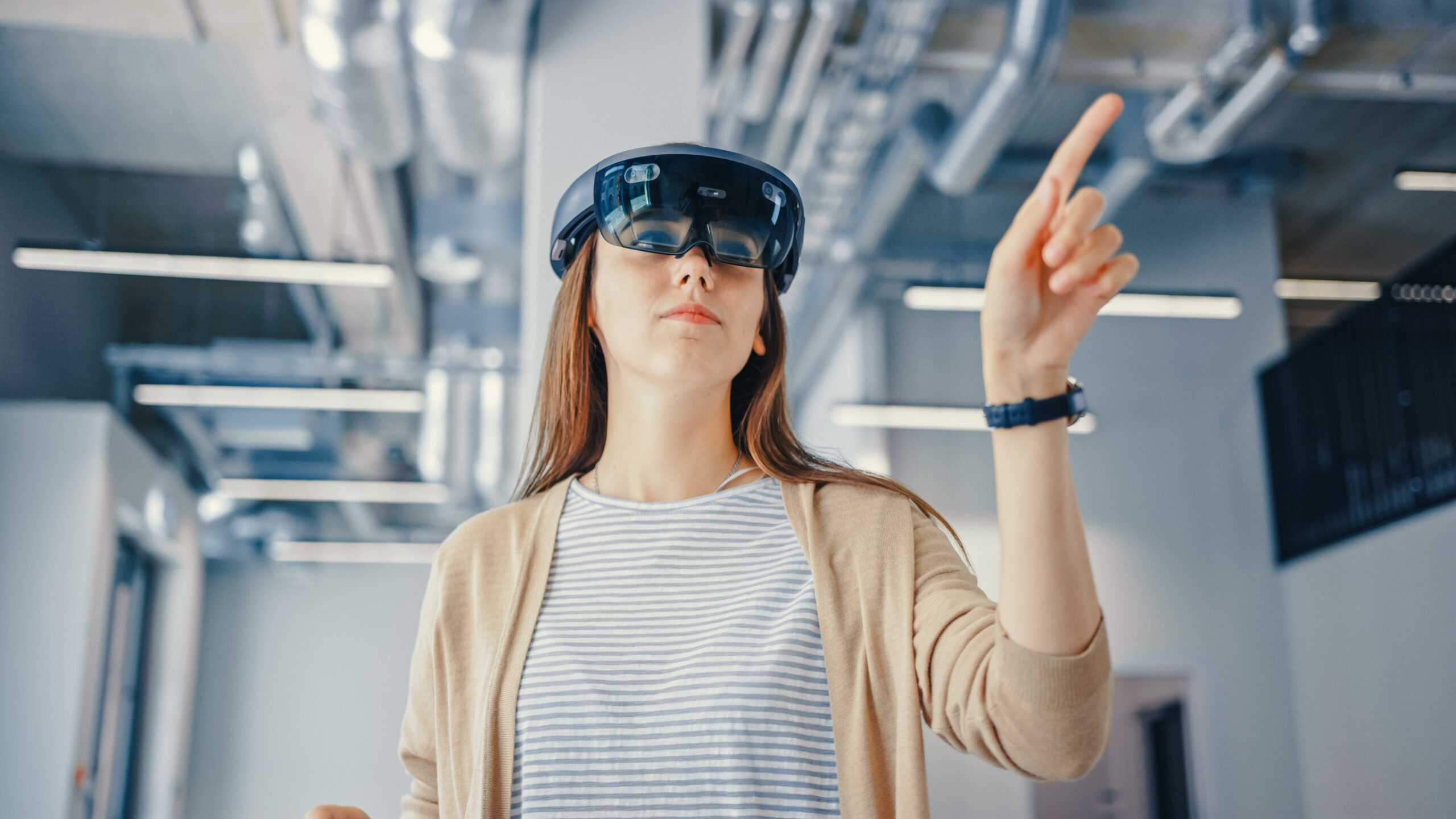As interest in the metaverse ramps up, the world’s biggest tech firms are continuing to pursue both virtual reality (VR) and augmented reality (AR). Even if a fully interoperable, interconnected metaverse doesn’t come to fruition in the near-term, many believe that AR tech could have a similar impact on consumers’ day-to-day lives as the smartphone.
Google was one of the pioneers on this front nearly a decade ago with its Google Glass prototype, and now it’s planning on testing out brand-new AR glasses in public settings later this year. The company is up against fierce competition in the space from Meta, Apple, and Microsoft.
Microsoft is the only tech giant, however, with an actual AR product in the marketplace right now, as its HoloLens headset has been adopted in numerous enterprise environments and the firm even landed a 10-year contract with the US military. Meanwhile, both Apple and Meta are working furiously to bring their own AR or mixed reality headsets to the market in the coming year. Meta’s Reality Labs division, which oversees Oculus and the company’s VR efforts, has lost $10 billion to date, and Meta recently took the step of increasing price on the Quest 2 headset.
Unlike VR, which forces consumers to block out the environment around them, AR could ultimately see wider use cases with mainstream applications. What Meta and other companies are realizing is that VR headsets can incorporate passthrough technology on their lenses to effectively serve as AR headsets as well – and consumers who desire both experiences would likely gravitate towards those. As CNBC points out, passthrough is becoming a viable interim solution until more streamlined AR devices can be engineered. This is also most likely the approach that Apple will be taking with its upcoming headset, according to The Information.
It’s going to take years (and numerous iterations of headsets/glasses) until AR or mixed reality glasses can be made to look and feel as comfortable as traditional eyewear. That’s the Holy Grail, according to Google boss Sundar Pichai, who commented at Google’s recent developer conference, “The magic will really come alive when you can use them in the real world without the technology getting in the way.”
Even at this stage in the nascent market, however, early tech adopters are expressing considerable interest in AR, according to Interpret’s New Media Measure®. Among consumers who want to be among the first to try new technologies, AR ranks above VR and the metaverse, ranking second behind robotic assistants, when it comes to a desire to learn more about the tech. Once Apple and Google can demonstrate the benefits of AR to everyday consumers, interest levels will surge even higher.




